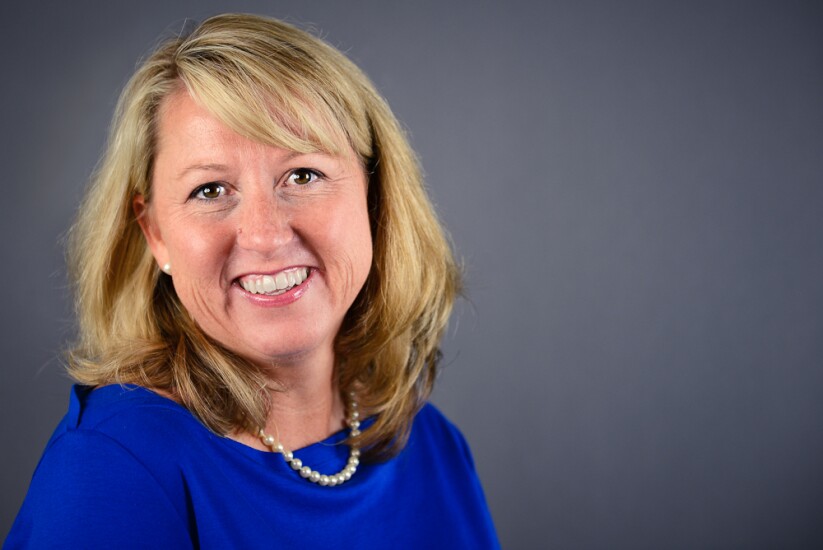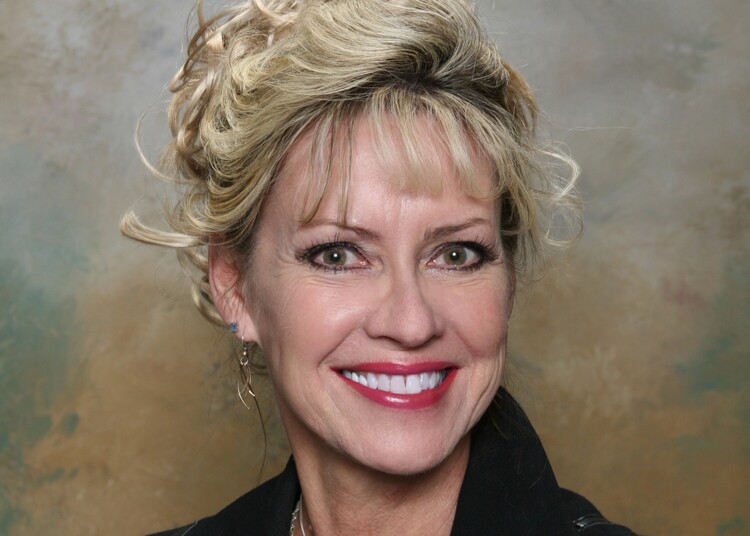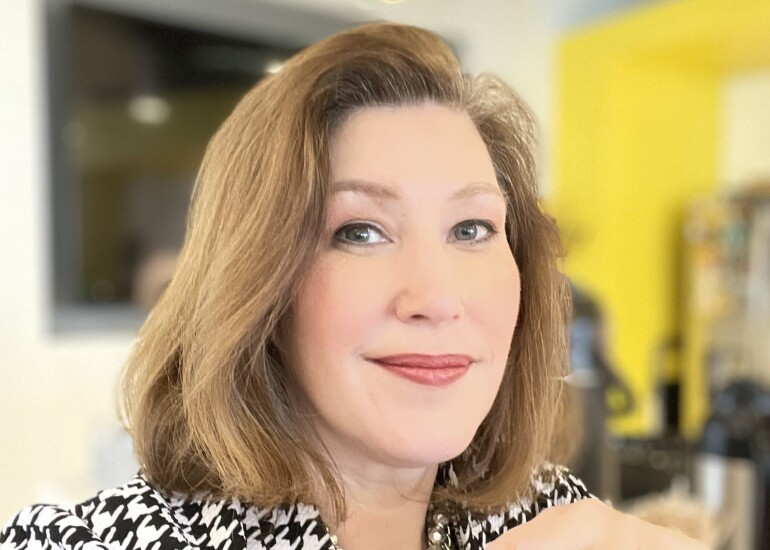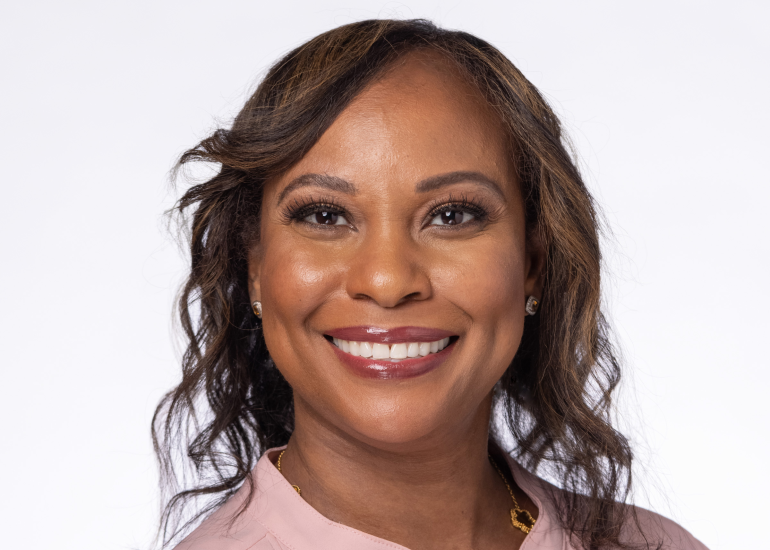The payments market is driven by an almost unprecedented mix of crisis and opportunity, an atmosphere that extends to career development.
The pandemic and the corresponding rush to digital have changed office culture, opening new opportunities for people with a wide range of skills. It's not just payments experience that's key — people who work in the payments industry have the chance to become experts at programming, product development, sales, risk management, blockchain and dozens of other disciplines.
At the recent Payments Forum in San Diego, several top women leaders in the payments industry discussed career management — for themselves, their peers and the next generation.
That includes internal strategy, knowing how to promote yourself and other skills — and how mentorship is more than just opening doors for promotions.
Here is a collection of some of their insights.














